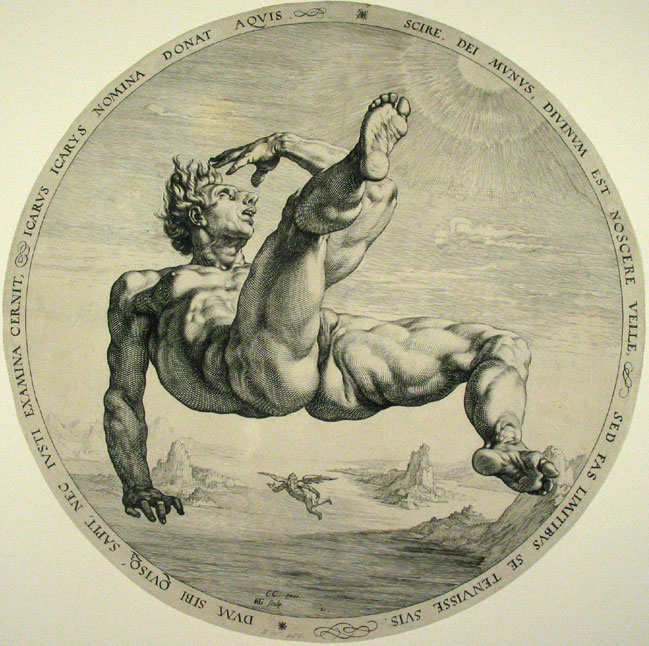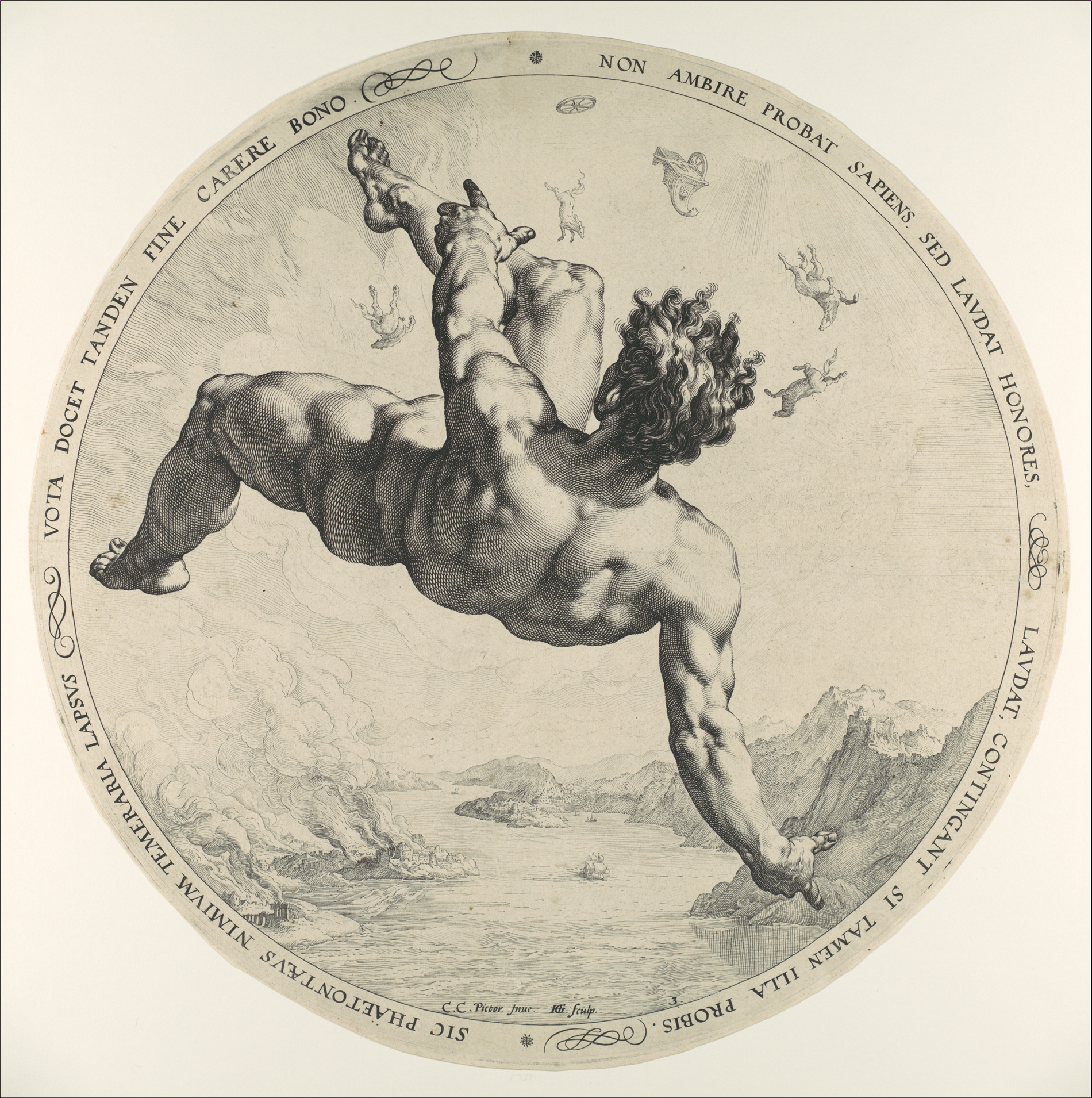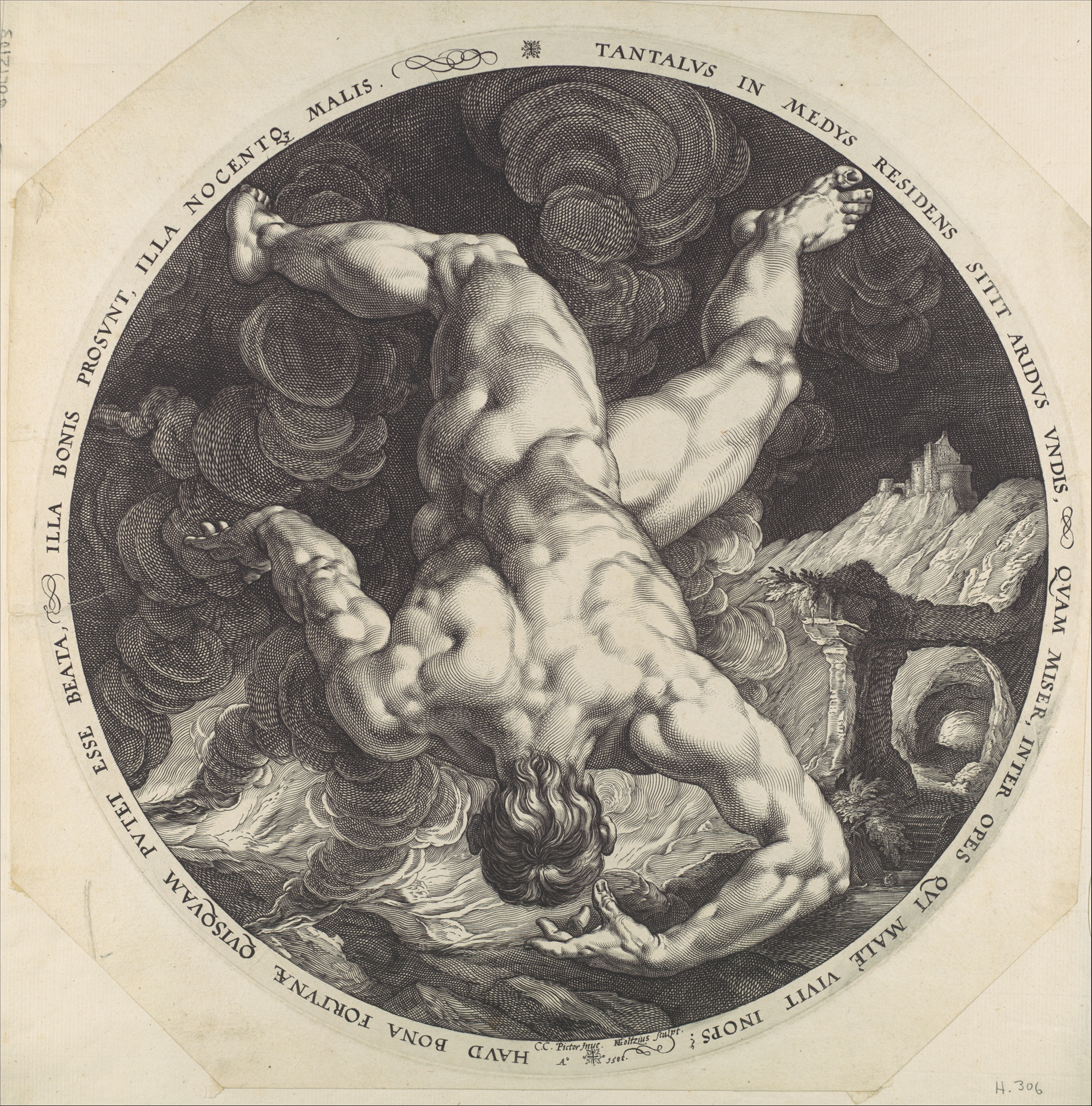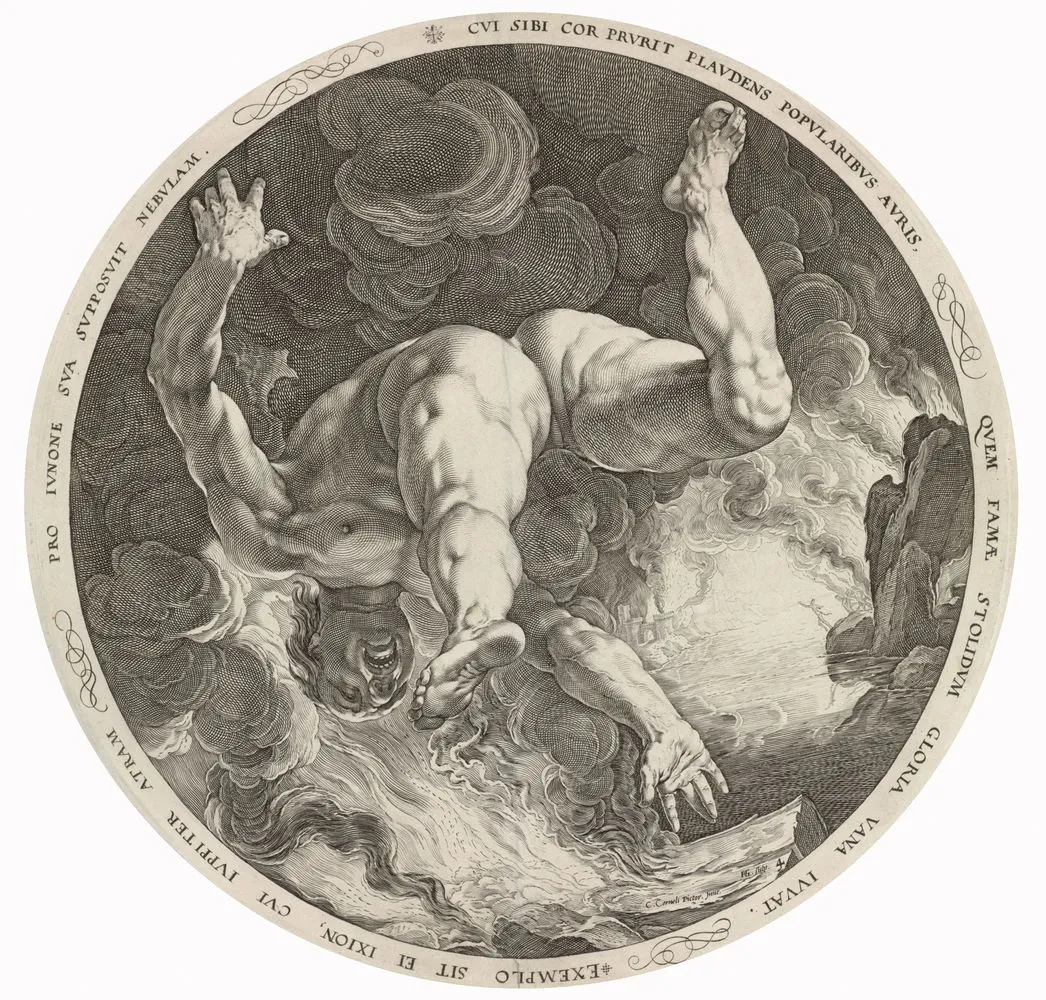BEN LILLY. "LOVER OF THE GREAT OUTDOORS" |
The Ben Lilly Legend brings back to life a great American hunter--the greatest bear hunter in history after Davy Crockett, by his own account and also by the record. J. Frank Dobie met Lilly and was so struck by this extraordinary man that he collected everything he could find about him. Lilly was born in Alabama in 1856, followed the bear and the panther westward through Mississippi and Louisiana to Texas, leaving a trail of stories about his prowess as a hunter and his goodness as a man. He was at one time "chief huntsman" to Teddy Roosevelt, hunted in Texas and Mexico, and came to be known as the master sign reader of the Rockies. Here are all the stories Ben Lilly told and a great many more Frank Dobie heard about him, put together in a fresh and fascinating contribution to American folklore.
_____________________
Benjamin "Ben" Lilly: Born in Hazelhurst Mississippi, died in Buckhorn New Mexico.
A rare breed of man, Ben Lilly led a solemn life chasing the greatest predators North America had to offer.
FIND A GRAVE - Ben V Lilly
"Anyone can kill a deer. It takes a man to kill a varmint."
So said Ben Lilly, according to outdoors writer Dan C. Johnson. To Lilly, "varmints" included mountain lions, wolves and bears. Benjamin Vernon Lilly killed many a varmint in his life as the last mountain man in the Southwest.
In the second half of the 19th century, the Southwest began to attract explorers, miners and settlers. What were known as "mountain men" still roamed wilderness areas. The first mountain men journeyed west when they left St. Louis, the capital of the fur trade, to explore the hunting grounds along the Missouri River.
Coming from all parts of the nation, these hunters and trappers did not mind the hard and uninviting conditions of the West. Mountain men lived off the land by tracking and hunting. They sold pelts and skins, as well as bear and lion meat, while shunning most social contacts except for the annual "rendezvous," like the one held in Taos, NM, where they sold their furs and socialized with other hunters, trappers and local Indian tribes.
...
Lilly's relationship with wildlife was unique. Today, men like Lilly are misunderstood, but back then a man like him did not hunt to quench a thirst for blood; he hunted to live, fleeing civilization to fulfill his need for freedom. Salmon described him in an article in New Mexico Magazine as "the most skilled hunter who ever followed a hound."
Lilly was born in Alabama in 1856, the son of North Carolina natives who moved to Mississippi shortly after his birth. He attended a military academy, but he ran away and worked as a blacksmith in Memphis, Tenn. His uncle, Vernon L., took Ben under his wing and brought him to his farm located along the Mississippi River.
James Frank Dobie, Lilly's biographer, wrote: "Here on this farm, ... Ben Lilly grew to maturity and entered upon his far-stretched career of withdrawing into solitude, hunting bears and panthers, observing wildlife, keeping the Sabbath Day holy, preserving independence of body and mind, and cultivating eccentricities."
Lily had definite habits, which today would be lauded. He never drank alcohol or coffee, and he did not smoke. Lilly refused to work on Sunday and spent the day reading his Bible. On the farm, if his cows got out, Lilly would look for them on Monday. Later, if he had treed and even wounded an animal on Saturday, he would not finish the hunt until Monday.
President Teddy Roosevelt, who hired Lilly to be his chief huntsman in Louisiana, summed him up as a "religious fanatic," but Johnson described him as complex and unconventional and a "man who set his own standards and stuck to them." What people thought did not matter, however, and Lilly appeared to be quite content with his way of living.
Lilly married twice and had several children, but the interest to explore new hunting grounds tempted him away from his family obligations. New Mexico historian Marc Simmons said that Lilly was so driven to hunt that in 1906, " he turned all his property over to his wife, kissed his kids goodbye, and left home forever to roam the wilds." Much to his credit, though, he supported his family financially. Lilly spent time in the Big Thicket of East Texas hunting bears and panthers and then went across Texas and into Mexico, where he hunted for many years.
In 1911 at the age of 55, he reentered the United States in southwestern New Mexico to hunt and live in the Gila Wilderness for more than 20 more years. He always used hounds, sometimes up to two dozen, but they were not pets; they were trained weapons. Lilly trained his dogs himself by keeping them tied to his belt. If one did not live up to his expectations he would kill it. Dobie wrote, "Ben Lilly was not fond of horses at all, and he was pitilessly discriminating towards dogs."
Even though he did not suffer a disobedient dog, Lilly appears to have had great affection for some of his hounds. According to Salmon, when his prized hunting dog "Crook" died along Sapillo Creek, Lilly buried him and wrote on a shoebox top, "Here lies Crook, a bear and lion dog that helped kill 210 bears and 426 lion [sic] since 1914, owned by B. V. Lilly."
After his dogs located the prey they tracked, Lilly used a .33 Winchester rifle or the legendary Lilly Knife to bring down the animal. This homemade curved, double-edged knife with a buckhorn handle was Lilly's last line of defense against stronger predatorial mammals, particularly bears. James B. Rider wrote, "Lilly made his own knives. He showed his knife to a fellow one time out west and said that he had killed, in so-called hand-to-hand combat, six bears with his knife."
Lilly's physical abilities were another fact that made him as successful as he was. David F. Brown described Lilly as about five feet nine inches tall and 180 pounds of muscle and sinew. He was tough, strong and athletic. Brown also said that Lilly had "a reputation for endurance that was already legendary. Ben was well known for his speed, long distance running and energy."
Lilly slept outdoors in all seasons. Dobie wrote, "What most people consider ordinary comforts, he regarded as debilitating luxuries; even at ranch headquarters [the G O S], in the dead of winter as well as in summer softness, he camped out." Dobie quotes Lilly, who said he liked living in the wild "because people and houses keep me from thinking and being myself. Every man and woman ought to get out and be alone with the elements a while every day, even if only for five minutes."
Like all mountain men, Lilly traveled light, carrying only an axe, a tin can, matches, a horn to call his dogs, his rifle, cartridges, dog chains and a little corn meal and sugar. Dobie said that he favored mountain lion meat, and like many Indian tribes, Lilly believed that eating the cat's flesh would give him the same strength and agility of the animal.
Lilly's main prey were mountain lions and bears. Black bears, grizzlies, and mountain lions still roamed most of the western parts of the United States to the southern parts of Mexico. Today, most grizzlies in North America are found in Canada and Alaska, with a few in isolated areas of the northwestern United States. According to Brown, bounty hunting and habitation loss were the main reasons for their disappearance.
Lilly began hunting predators for large ranches that were losing livestock to bears, mountain lions and other wild animals. In 1914, the federal government also began offering bounties on these animals, and Lilly appears to have made substantial money, supposedly tucked away in southwestern banks. Although he always supported his children, he used little of this money for his own lifestyle.
Ben Lilly's success as a hunter over six decades came from his determination and physical abilities. In an interview with Marcel Wolff, Salmon remarked that "Lilly was the only hunter that became more active the older he got." Lilly was physically and mentally able to hunt up into his seventies, while others stopped hunting much earlier when their skills and enthusiasm for the hunt declined.
Lilly's tracking skills were also extraordinary. "No hunter before or since," Salmon wrote, "had Ben Lilly's capacity for reading signs, nor his endurance and perseverance on the trail." Salmon described him as "the best because he was at home in the wilds, as much as any hound or varmint."
Nobody really knows, but Salmon estimates that Lilly killed approximately 600 mountain lions and over 500 bears in his lifetime. These numbers and his story demonstrate his indestructible will to hunt. That, together with his love for the chase, made him the most successful hunter of his era.
Bears and mountain lions certainly stood in the way of settlement, and many hunters devoted much of their life to the removal of such predators. Lilly sent specimens for study to the U. S. Biological Survey, later the U. S. Fish and Wildlife Service, and the National Museum of Natural History.
Benjamin Vernon Lilly died near Silver City, N.M, on December 17, 1936. A memorial in the Gila National Forest, a few miles from Pinos Altos, is dedicated to him. The bronze plaque is imbedded in a granite boulder, showing in bas-relief his head flanked on one side by the head of a bear and on the other side by the head of a mountain lion.
Some could argue that men like Lilly were ruthless killers who did not care about the creatures they preyed on, but there was more to Lilly than killing. Ben Lilly grew up hunting, which taught to him to provide for himself. He was sure that the hunt was his destination, the purpose of his life. It was about the way the hunt made him feel. His feats would meet with opposition from environmentalists today, but Lilly would understand their desire to keep the Gila Wilderness some of the last pristine land in the country.
(Source: Ben Lilly: Mountain Man of the Southwest, by: Marcel Wolff and Cynthia Hernandez)∼Famous hunter of lions and bears. Guided Theodore Roosevelt on a bear hunt in Louisiana that led to the development of the teddy bear. Subject of "The Ben Lilly Legend" by J. Frank Dobie. Born in Wilcox County, Alabama and lived in Louisiana and Mississippi. Hunted in Louisiana, Texas, New Mexico, Arizona, and California.
First wife: Leila Bunckley Lilly with whom he had one son, Vernon ("Dick") Lilly
Three children with Mary Etton Sisson Lilly:
Hugh Kenneth Lilly (1891-1918) Find A Grave Memorial# 68328169
Ada Mae Lilly Eisley (1893-1969)
Verna B. Lilly Dodd (1897-1985)






















